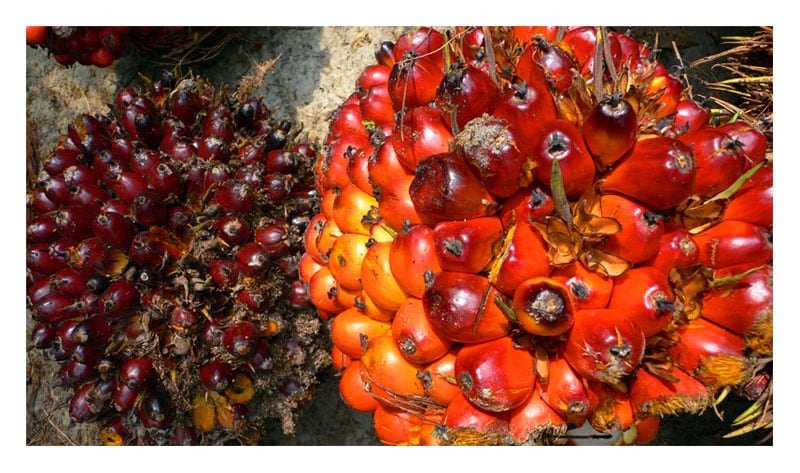Last week consumer activist group Sum Of Us launched a petition calling for Kellogg to end its joint venture in China with Wilmar International over concerns about Wilmar's sustainability credentials. Kellogg defended its joint venture with the firm.
The petition was launched in light of a WWF report that alleged Wilmar had been trading illegally-grown palm oil in Indonesia. The report claimed that Wilmar and another trader – Asian Agri – had been trading palm oil cultivated from the Tesso Nilo national park - prohibited land.
In January 2013 Wilmar verified with the WWF that some of its palm oil fruits had been sourced from ‘forest estates’ – through deals with local indigenous farmers - prohibited under customary land laws and recognized by the Roundtable of Sustainable Palm Oil (RSPO).
However, Wilmar has now pledged to seize sourcing from plantations inside the national park or those with unclear land status.
“We recognize the issues raised in the report, as well as the challenges confronting the stakeholders involved in the Tesso Nilo area…We express the same concerns as these stakeholders and hope to find a sustainable and equitable solution for the affected local communities,” Wilmar said.
Speaking to BakeryandSnacks.com, spokesperson for Wilmar International Iris Chan said the company recognizes deforestation concerns and has made moves to improve the sustainability of its palm oil business.
“More than 60% of our plantations are already certified to RSPO [Roundtable on Sustainable Palm Oil] standards, with our Malaysian plantations fully certified. We aim to complete certification for all our plantations and mills by 2016,” she said.
“Further to our RSPO standards, we do not develop on peat-land, regardless of depth,” she added.

Actions taken on securing sustainable palm oil supply
Since the WWF investigation, Wilmar has stopped buying fresh fruit bunches (FFB) from the Tesso Nilo national park and surrounding area cited in the report and has also pledged not to buy FFB derived from forest encroachment areas with unclear land status.
“We have also gone a step further to identify the location of the FFB suppliers as far as is practicable,” the company said.
This identification will cover most palm oil suppliers, it said, although smallholder suppliers operating on farm plots smaller than one hectare would be hard to locate, as they often sell their crop to third-party collection centers.
“The supply chain mapping exercise is a challenging one which will take time. Despite these odds, we remain undaunted. We will continue to be vigilant in our sourcing activities; should any supplier be found to be operating in or sourcing from the Tesso Nilo complex, we will discontinue business relationship with them,” it said.
The real risk is before the milling stage: WWF
This lack of full traceability from independent smallholders and other outgrowers is exactly the type of supply chain risks highlighted in the WWF report, said Adam Harrison, palm oil leader at WWF.
“The problem of unknown and uncontrolled FFB sourcing into mills is rampant in the industry and yet to be solved…In this industry, there’s a blind eye turned. The reason is because half of the volume is coming from these smallholders – these unknown sources,” Harrison told this site.
“Everyone talks about traceability and the real risks are what happens before the mills, for example land that has been illegally cleared.”
More action needed…

Harrison said that Kellogg and Wilmar must act to better communicate the importance of sourcing sustainable palm oil throughout the entire supply chain.
“Manufacturers and retailers need to make it clear to Wilmar and the other traders that they cannot risk buying palm oil that may or may not have come from illegal sources. In response, traders need to start by only buying palm oil from identifiable and legal origins and then make commitments and shift to only supplying certified palm oil,” he said.
Kellogg said it is committed to fulfilling its part in working towards the development of sustainable palm oil, socially beneficial and economically viable.
“Our doors are always open to engage in constructive dialogue with our stakeholders,” Wilmar said.
